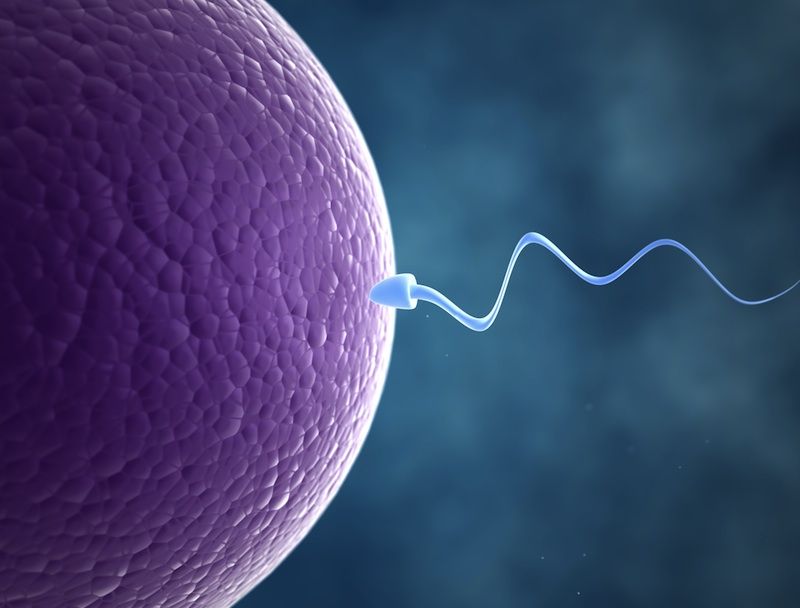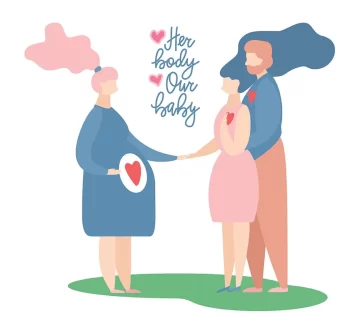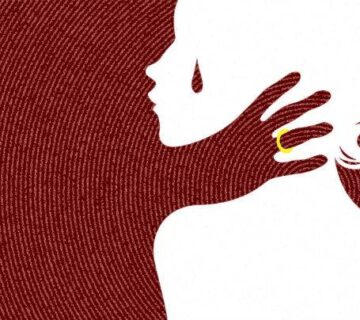This article is authored by Bokka Ashwika and edited by Mr. Anoop Prakash Awasthi, AOR and Adv. Prapti Singh.
The Assisted Reproductive Technology Act 2021:
In 2005, the Indian Council of Medical Research (ICMR) issued guidelines to regulate clinics providing ART procedures (including surrogacy procedures). The guidelines provide for registration of clinics offering ART services, permit single women and couples to access ART services, and allow ART banks to compensate donors. These guidelines also specify conditions for when surrogacy may be opted, and the compensation for surrogates.
In July 2019, the government introduced the Surrogacy (Regulation) Bill. The Bill provides for the registration of surrogacy clinics, defines the eligibility criteria of commissioning couples and surrogates, and provides for the establishment of boards to advise the government on surrogacy policies. The Bill was passed by Lok Sabha in August 2019. In Rajya Sabha, the Bill was referred to a Select Committee of the House. While examining the Bill, the Committee recommended introducing a comprehensive legislation to first regulate clinics and banks providing various fertility services, i.e., ART and surrogacy services.
The Assisted Reproductive Technology (Regulation) Bill, 2020 was introduced in Lok Sabha in September 2021 and was referred to the Standing Committee on Health and Family Welfare in October 2020. On December 1, 2021, Lok Sabha passed the ART Bill, with certain amendments. In this note, we discuss the key provisions of the ART Bill, 2021 (as passed by Lok Sabha), and the key issues which still remain to be considered.
Key Features:
- Provision of ART services: The Bill defines ART to include all techniques that seek to obtain a pregnancy by handling the sperm or the oocyte (immature egg cell) outside the human body and transferring the gamete or the embryo into the reproductive system of a woman. These include gamete donation (of sperm or egg), in vitro fertilization, and gestational surrogacy. ART services will be provided through: (i) ART clinics, which offer ART related treatments and procedures, and (ii) ART banks, which collect, screen and store gametes.
- Registration of ART clinics and banks: Every ART clinic and bank must be registered under the National Assisted Reproductive Technology and Surrogacy Registry. A National Registry will be established under the Bill, which will act as a central database with details of all ART clinics and banks in the country. Clinics and banks will be registered only if they adhere to certain standards (such as specialised manpower, physical infrastructure, and diagnostic facilities). The registration will be valid for five years and may be renewed. The central and state governments will appoint appropriate authorities to support registration related services such as maintenance of details of registration of assisted reproductive technology clinics and banks, cancellation and renewal of registration.
- Boards: The Bill provides that the National and State Boards constituted under the Surrogacy (Regulation) Bill, 2019 will also act as the National and State Boards for the regulation of ART services. Key functions of the National Board include: (i) advising the central government on ART-related policy matters, (ii) reviewing and monitoring the implementation of the Bill, (iii) formulating a code of conduct and standards for ART clinics and banks, and (iv) overseeing bodies constituted under the Bill. The State Boards will coordinate enforcement of policies and guidelines for ART as per the directions of the National Board.
- Eligibility criteria for commissioning parties: ART services may be commissioned by married couples or women where: (i) the woman is between 21 and 50 years of age, and (ii) the man is between 21 and 55 years. Married couples must also be infertile, i.e. unable to conceive after one year of unprotected coitus or suffer from any other proven medical condition which prevents conception.
- Eligibility criteria for donors A bank may obtain semen from males between 21 and 55 years of age, and eggs from females between 23 and 35 years of age. The woman may donate eggs only once in her life and not more than seven eggs may be retrieved from her. A bank must not supply gamete of a single donor to more than one commissioning party (i.e. couples or single women seeking services).
- Conditions for offering services: ART procedures must be conducted only with the written consent of the commissioning parties and the donor. The commissioning party will be required to provide insurance coverage in favour of the egg donor (for any loss, damage, or death). Clinics are required to check for genetic diseases before implantation and are prohibited from providing any sex-selective services (e.g. sex determination).
- Rights of a child born through ART: A child born through ART will be deemed to be a biological child of the commissioning couple and will be entitled to the rights and privileges available to a natural child of the commissioning couple. A donor will not have any parental rights over the child.
- Duties of ART Clinics and Banks: ART clinics and bank must share information related to: (i) enrolment of the commissioning parties and donors, (ii) procedures being undertaken, and (iii) outcome of the procedure, with the National Registry. Further, they must maintain records of all donations for at least 10 years, after which the records must be transferred to the National Registry. While using human gametes and embryos, ART clinics and banks must: (i) harvest eggs in the manner specified by regulations, and (ii) place such number of eggs or embryos in the uterus of the woman as may be specified by regulations.
- Offences and penalties: Offences under the Bill include: (i) abandoning, or exploiting children born through ART, (ii) selling, purchasing, trading, or importing human embryos or gametes, and (iii) exploiting the commissioning couple, woman, or the gamete donor in any form. These offences will be punishable with a fine between five and ten lakh rupees for the first contravention. For subsequent contraventions, these offences will be punishable with imprisonment between three and eight years, and a fine between 10 and 20 lakh rupees. A court will take cognisance of an offence only on a complaint by the National or State Board.
ART(Regulation) Rules: The Ministry of Health and Family Welfare on 7th June 2022, has published the Assisted Reproductive Technology (Regulation) Rules, 2022 to regulate the functioning of Assisted Reproductive Technology (ART) clinics and banks.
As per this rule, there shall be two levels of clinics, namely, Level 1 ART Clinics, where only intrauterine insemination (IUI) procedure is carried out as part of treatment and Level 2 ART clinics, where the procedures, or as the case may be, techniques, that attempt to obtain a pregnancy shall be carried out.
The Assisted Reproductive Technology (ART) banks shall-
- Be responsible for screening, collection and registration of the semen donor and cryopreservation of sperms;
- Perform screening and registration of oocyte donor;
- Operate as semen banks or oocyte banks or both;
- Maintain the records or data of all the donors and shall regularly update the National Registry.
An application for registration shall be made by the ART clinics or any such health facility which are carrying out procedures related to assisted reproductive technology, to the appropriate authority in Form-1 and by the ART banks in Form-2.
The appropriate authority shall, after making such enquiry and after satisfying itself that the applicant has complied with all the requirements, shall grant a certificate of registration in Form 3 to the applicant. One copy of the certificate of registration shall be displayed by the registered ART clinic or ART bank at a conspicuous place at its place of business.
Every clinic and every bank shall maintain a grievance cell in respect of matters relating to such clinics and banks and the manner of making a compliant before such grievance cell be as specified in Form 5.
The ART clinic shall ensure that all unused gametes or embryos shall be preserved by the assisted reproductive technology clinic for use on the same recipient and shall not be used for any other couple, or as the case may be, woman and it shall ensure that no pre-implantation genetic testing shall be done for sex selection for non-medical reasons or selection of particular traits due to personal preferences of the prospective parents or to alter or with a view to alter the genetic constitution of an embryo.
References:
- https://www.origynivf.com/rules-of-art-assisted-reproductive-technology-act-2022/
- https://www.teamleaseregtech.com/updates/article/18574/assisted-reproductive-technology-regulation-and-surrogacy-regulation-r/
- https://legalitysimplified.com/2022/06/09/the-assisted-reproductive-technology-regulation-rules-2022/#:~:text=The%20Assisted%20Reproductive%20Technology%20(Regulation)%20Rules%2C%202022.,-LegalitySimplified&text=The%20Ministry%20of%20Health%20and,(ART)%20clinics%20and%20banks.
- https://prsindia.org/billtrack/prs-products/issues-for-consideration
- https://www.teamleaseregtech.com/updates/article/17585/assisted-reproductive-technology-regulation-rules-2022/






